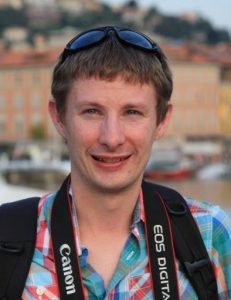CodeFirst:Girls is an organisation which runs free coding courses for young women, with partner universities and companies across the UK. The University of St Andrews, School of Computer Science has been a keen supporter of CodeFirst:Girls for the past 5 years. We run their community courses in our premises with our students and staff volunteering as instructors, course ambassadors and presentation judges. Since partnering with CodeFirst:Girls in 2014, we have taught over 700 young women to code within St Andrews alone, contributing to the organisation’s vision of training 20,000 young women across the UK by the year 2020. The coding courses are very popular among the female students of St Andrews and receive a staggering 140 applications on average per semester.
This year, we further strengthened this collaboration between St Andrews and CodeFirst:Girls by recognising the training programmes on the students’ academic transcripts. St Andrews students who successfully complete a CodeFirst:Girls training programme (either the beginners HTML course, or advanced Python course) by fulfilling the attendance and assessment requirements, can have this listed in their academic transcript under “Prizes and Achievements”, thereby obtaining official recognition for the invaluable coding skills they gained through this training.
This idea was innovated by St Andrews student and CodeFirst:Girls course ambassador Nicola Sobieraj (MSc Research Methods in Psychology 2019); Bonnie Hacking (Enterprise Adviser, Careers Centre); and Shyam Reyal (Associate Lecturer in Computer Science).
In her own words, Nicola mentioned that “It was a privilege being an ambassador and to propose this idea to acknowledge the courses on the academic transcript. I have truly enjoyed being involved in the process and collaborating with inspiring people from CF:G and St Andrews. I’d love to see this idea in universities across the country and would definitely support this process”. Bonnie added “I’m delighted we are now able to recognise our student’s achievements through CodeFirst:Girls officially. I’ve been judging the presentations of their projects for several years and am always impressed by what they achieve.”
Ewa Magiera, Head of Communities of CodeFirst:Girls, expressed her contentment with this collaboration as “a milestone in our cooperation with St Andrews, a great way for students to receive recognition for their efforts, and an important step forward in our cooperation with academic institutions which host our courses”.
This definitely marks an important milestone for both St Andrews and CodeFirst:Girls – for St Andrews students’ to have this skill development programme added to the degree transcripts – and for CodeFirst:Girls, to be validated by Scotland’s oldest and highest ranked university for Computer Science. We believe this will immensely boost the student’s CV and portfolio, as their achievements and skills are validated and recognized by the university, thus increasing their employability.
Further information and key milestones in the St Andrews and CodeFirst:Girls collaboration journey can be found here.



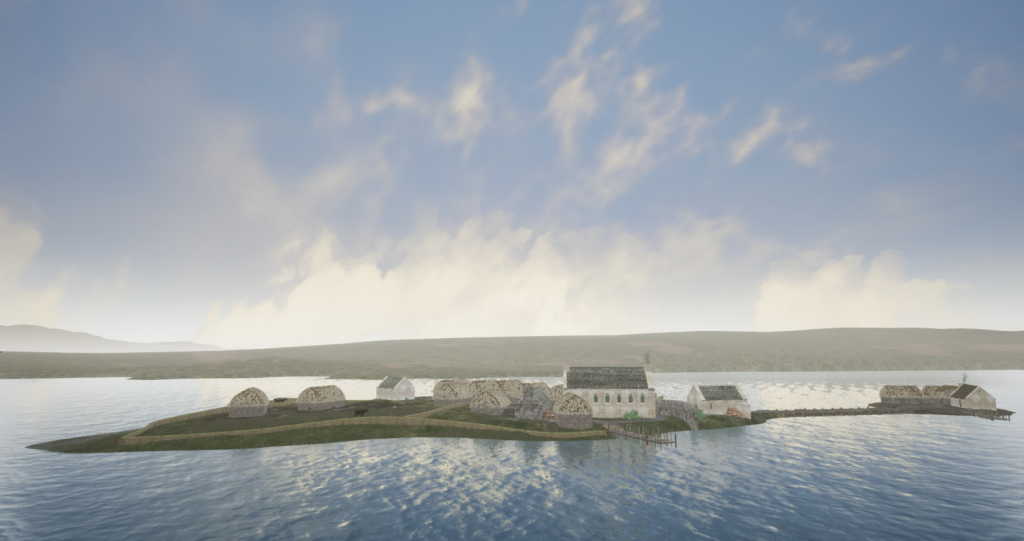
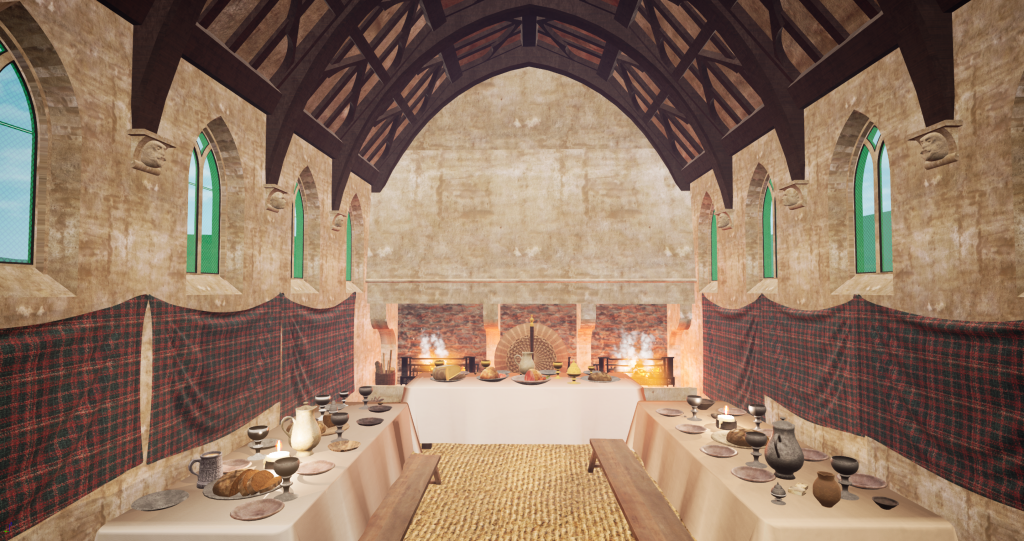
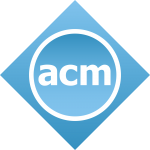
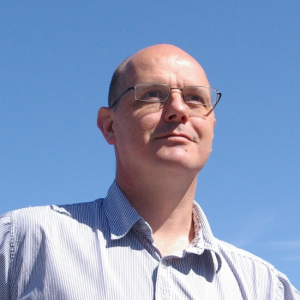
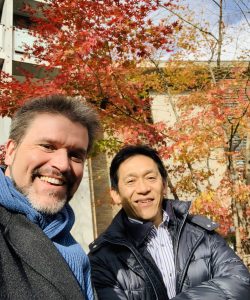

 This week Professor Quigley was invited to present at the Third ACM
This week Professor Quigley was invited to present at the Third ACM 